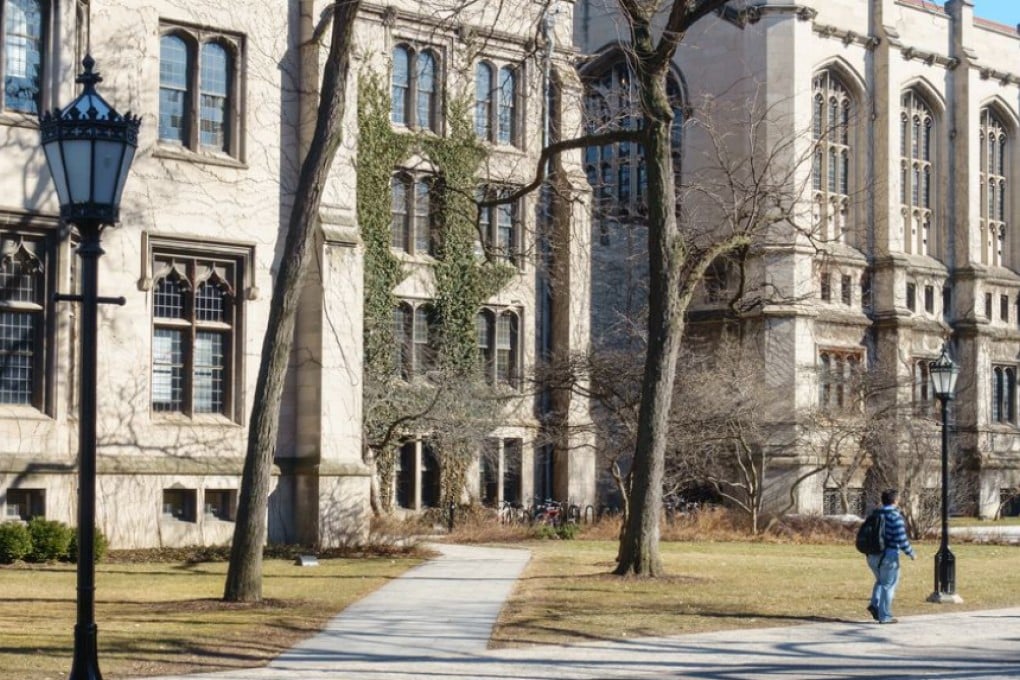Founding fathers leave lasting legacy

The University of Chicago is one of the oldest universities in the United States. According to its website, the board of trustees laid the groundwork for what would become today's university on July 9, 1890, when the group gathered to hold the its inaugural board meeting and drafted the institution's articles of incorporation.
This guiding document outlined elements the founders believed would build an enduring legacy for the university - a commitment to offering a rigorous academic programme and an ambition to provide "opportunities for all departments of higher education to persons of both sexes on equal terms".
On September 10, 1890, the state of Illinois issued the university's official certificate of incorporation, marking the formal beginning of the institution's life.
The university's archives shows that an initial pledge of US$600,000 - roughly worth US$16 million today - from oil magnate John Rockefeller. Along with contributions by the American Baptist Education Society, it helped to found the university. The campus' land was donated by Marshall Field, owner of the historic Chicago department store that bore his name, according to the university's archives.
The institution formed a Hong Kong connection when last spring, the University of Chicago started offering its first overseas undergraduate study programme in the city. The 10-week programme, entitled "Hong Kong: Colonizations", includes three civilisations courses and one Putonghua course, and will fulfil the undergraduate core civilisations requirement.
According to the university's website, students in the programme will explore themes of colonialism and colonisation as they relate to Hong Kong and Asia more broadly, considering the dynamics of conquest, slavery, colonialism and their reciprocal relationships with concepts such as resistance, freedom and independence.
In addition to classroom instruction, the programme will offer a number of excursions to sites of historical and cultural interest, and will include hands-on projects encouraging interaction with local people and institutions. The programme will be based at the new University of Chicago Center in Hong Kong.